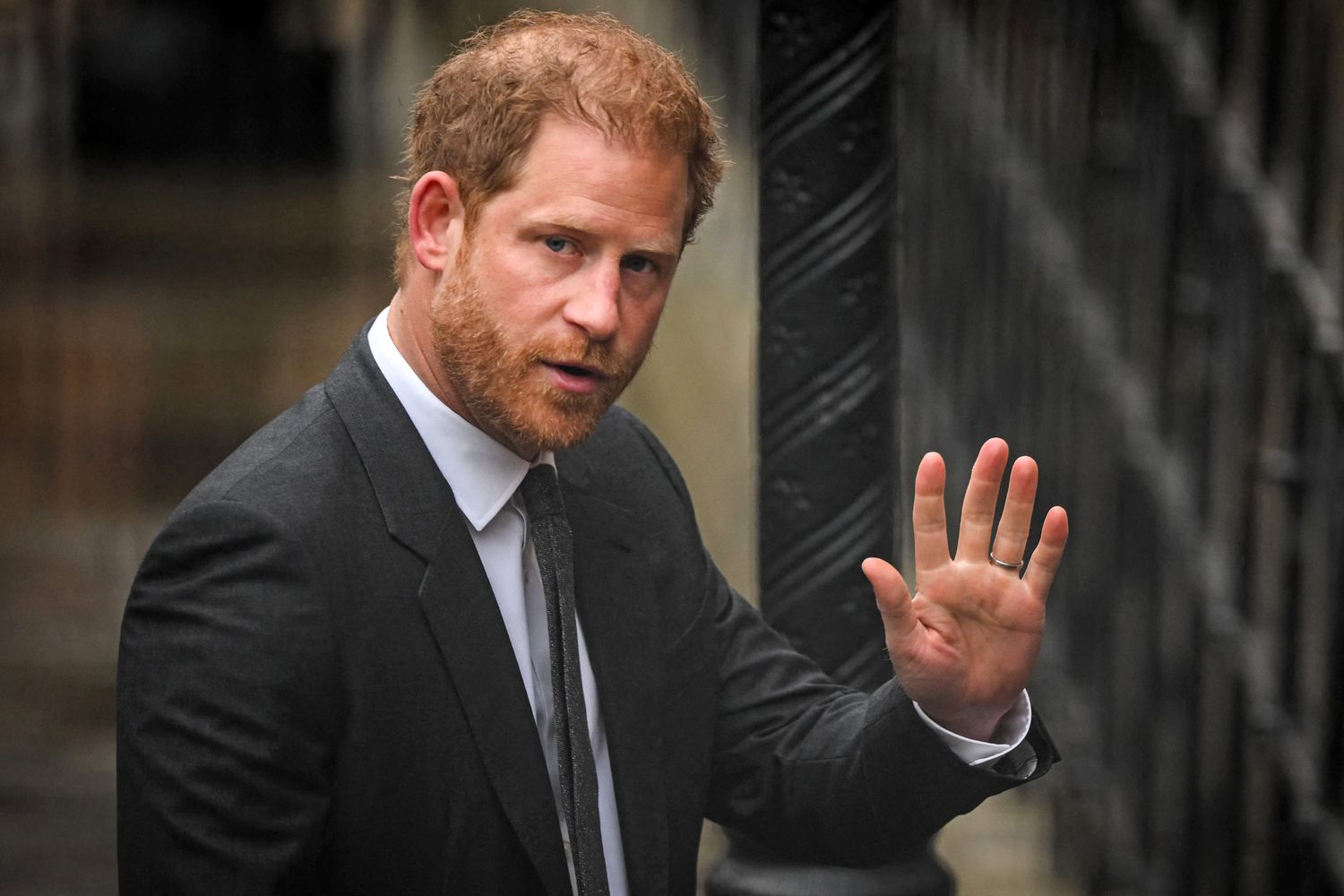Must Read
Taxpayers Reject Prince Harry’s Plea for Enhanced Security
In a recent turn of events, 2,414 taxpayers have voiced their disapproval of providing Prince Harry with elevated security measures.
The sentiment echoed by most Mirror readers is clear – “We owe him nothing.
He's not a working royal anyway, so the taxpayer owes him nothing.”
This resounding stance comes after Harry's unsuccessful High Court challenge against the Home Office's decision to offer him a reduced level of security during his visits to the UK, following his step back from senior royal duties.
The Prince, along with Meghan Markle, made headlines in 2020 when they announced their departure as senior royals.
However, this move came with a caveat – a warning that they would not receive the same extent of protection as before.
Instead of being granted security on par with King Charles, Queen Camilla, and the Prince and Princess of Wales, they were slated to receive a level akin to that of less prominent royals like Princess Anne and Prince Edward.
Despite residing in the US with his family, Harry pursued legal action, which ultimately ended in defeat.
The ruling delivered a significant blow to the King's youngest son, who has expressed concerns about his children's safety while in the UK.
He emphasized that their sense of security is paramount for them to truly feel at home.
This outcome may impact Harry's future visits to the UK and the frequency of Meghan and their children, Prince Archie and Princess Lilibet, accompanying him to his homeland.
Following the court decision, a poll conducted by The Mirror posed the question: Should Prince Harry be entitled to heightened security?
Of the thousands who participated, a staggering 2,414 individuals opposed the notion, while just over 400 advocated for it.
The prevailing sentiment among British taxpayers seems to be a reluctance to bear the cost of additional security for Harry and his family.
Critics of Harry were vocal in their disapproval, with one individual remarking that his security level is comparable to that of Princess Anne and other royals, making it adequate.
The sentiment that Harry's plea for special treatment stems from a sense of entitlement rather than necessity was echoed by another commenter, who labeled victimhood as his primary occupation.
Moreover, the debate surrounding Harry's security transcends mere financial considerations.
Some argue that Harry's desire for enhanced protection reflects a disconnect from the public sentiment.
The prevailing view seems to be that the public should not be burdened with funding security measures for a royal who has distanced himself from traditional royal duties.
In conclusion, the ongoing discourse surrounding Prince Harry's security underscores a broader conversation about entitlement, responsibility, and public opinion.
As Harry navigates his post-royal life, the scrutiny over his security arrangements serves as a reminder of the delicate balance between personal choices and public expectations within the realm of royalty.








































